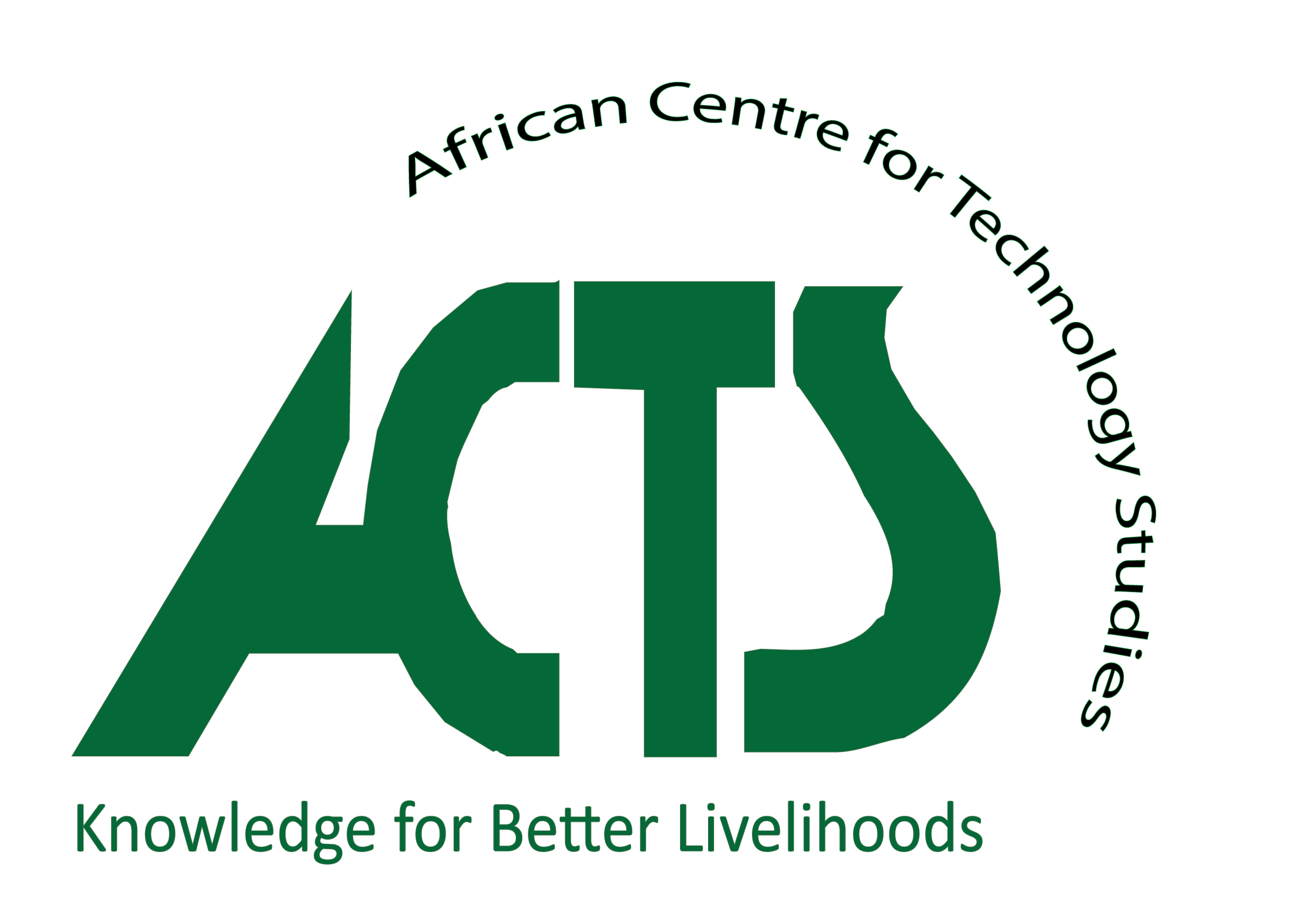(I). The Context
About ACTS
The African Centre for Technology Studies (ACTS) is implementing the Artificial Intelligence for Development in Africa (AI4D) Scholarship Project to foster and nurture talent in responsible Artificial Intelligence (AI) and Machine Learning (ML) in African public universities. The project, which is currently on a 6 month extension phase after it came to a close in March 2024, , is funded by the International Development Research Centre (IDRC) and the Swedish International Development Cooperation Agency (SIDA), aims to meet the growing demand for research and development in responsible Artificial Intelligence (AI) and Machine Learning (ML) in the continent.
Specifically, the project is supporting selected scholars to undertake and successfully complete PhD research in AI and ML in African universities; and early career academics (ECA) to strengthen their research and development capacities in the two areas. Special consideration is given to research projects on responsible AI innovation for sustainable development, gender equity, equitable regional distribution in low-income countries. ACTS is implementing the AI4D Africa scholarship project in partnership with Kwame Nkrumah University of Science & Technology in Ghana; University of Linkoping, Sweden and Université Cheikh Anta Diop de Dakar, Senegal. Other partners include the Regents of the University of California, United States; Human Sciences Research Council and Institute for Humanities in Africa based in South Africa; and the University of Eduardo Mondlane, Mozambique.
(II). Objectives of the Consultancy
Interdisciplinary research (IDR) is a mode of research by teams or individuals that integrates information, data, techniques, tools, perspectives, concepts, and/or theories from two or more disciplines or bodies of specialized knowledge to advance fundamental understanding or to solve problems whose solutions are beyond the scope of a single discipline or area of research practice[1]. The main goal of this synthesis is to generate evidence to support interdisciplinary approaches for socially relevant AI research in Africa. The synthesis will focus on the following specific objectives:
(a). Undertake a landscape review inter disciplinary approaches for socially relevant AI research in Africa
- What inter disciplinary approaches exist in AI research?
- What challenges exist in interdisciplinary research in the context of AI4D Africa project?
- What efforts did the researchers make to address these challenges?
- What inter disciplinary approaches in AI research is relevant in the African context?
(b). Examine the extent to which researchers have applied inter-disciplinary approaches
- What are the primary disciplines involved in each of the research?
- What percentage of AI4D Africa researchers involved experts from the application discipline at the proposal development stage?
- What were the challenges that emerged in involving experts from the application discipline?
- Were the co-experts involved in the research? At what point were they brought on board? What was the level of engagement?
- How have the researchers integrated inter-disciplinary approaches in their research projects? Include the approaches.
(c). Identify common challenges faced when integrating techniques and data from application disciplines with AI
- What methodological challenges arise from combining research techniques and data from different disciplines?
- How have the researchers addressed these challenges to ensure the validity and reliability of their findings?
- What was the discipline (application area/AI) of the researchers? Was it AI or the application discipline? What was their respective experiences/challenges?
- How have the researchers addressed potential ethical concerns that may arise from integrating different disciplinary perspectives, particularly in terms of data collection, interpretation, and the use of research findings?
(d). Document research approaches and collaborative platforms used by interdisciplinary AI research
- What research infrastructure are available to support interdisciplinary AI projects in Africa?
- Are there mechanisms for knowledge sharing and collaboration across disciplines?
- How is the integration of domain expertise expected to influence AI research strategies in Africa?
- What tools and technologies do researchers use to facilitate interdisciplinary collaboration and knowledge integration?
- How have researchers disseminated their findings to ensure they reach both academic and non-academic stakeholders who could benefit from the research?
(III). Key Components of the report
- Executive summary
- Context- background, problem statement, objectives, significance
- Methodology
- Key findings
- Lessons learned
- Conclusions and recommendations
(IV). Qualifications and Experience
The consultant must have a PhD and should have good knowledge of the AI4D Africa project.
(V). Deliverables
The consultant will be expected to deliver the following products.
- Inception Report (5pages)
- Draft Synthesis report
- Final Synthesis report (20-30 pages including annexes).
- Executive summary report (1 page)
(VI). Supervision
The consultant will be supervised by the AI4D Africa team at ACTS lead by the Head of the Digital Economy Department, Dr Winston Ojenge.
(VII). Timelines
This task should be completed within 10 working days and not later than 15 August, 2024.
Payment
The consultant will be paid a lumpsum of USD 1500 inclusive of tax after satisfactory submitting the deliverables mentioned above.
How to Apply
Interested candidates should send their applications and CV along with the names of three referees to This email address is being protected from spambots. You need JavaScript enabled to view it. by 16:00hrs on Wednesday July 10th, 2024
[1] National Academy of Sciences, Committee on Science, Public Policy, & Committee on Facilitating Interdisciplinary Research. (2005). Facilitating interdisciplinary research. National Academies Press


